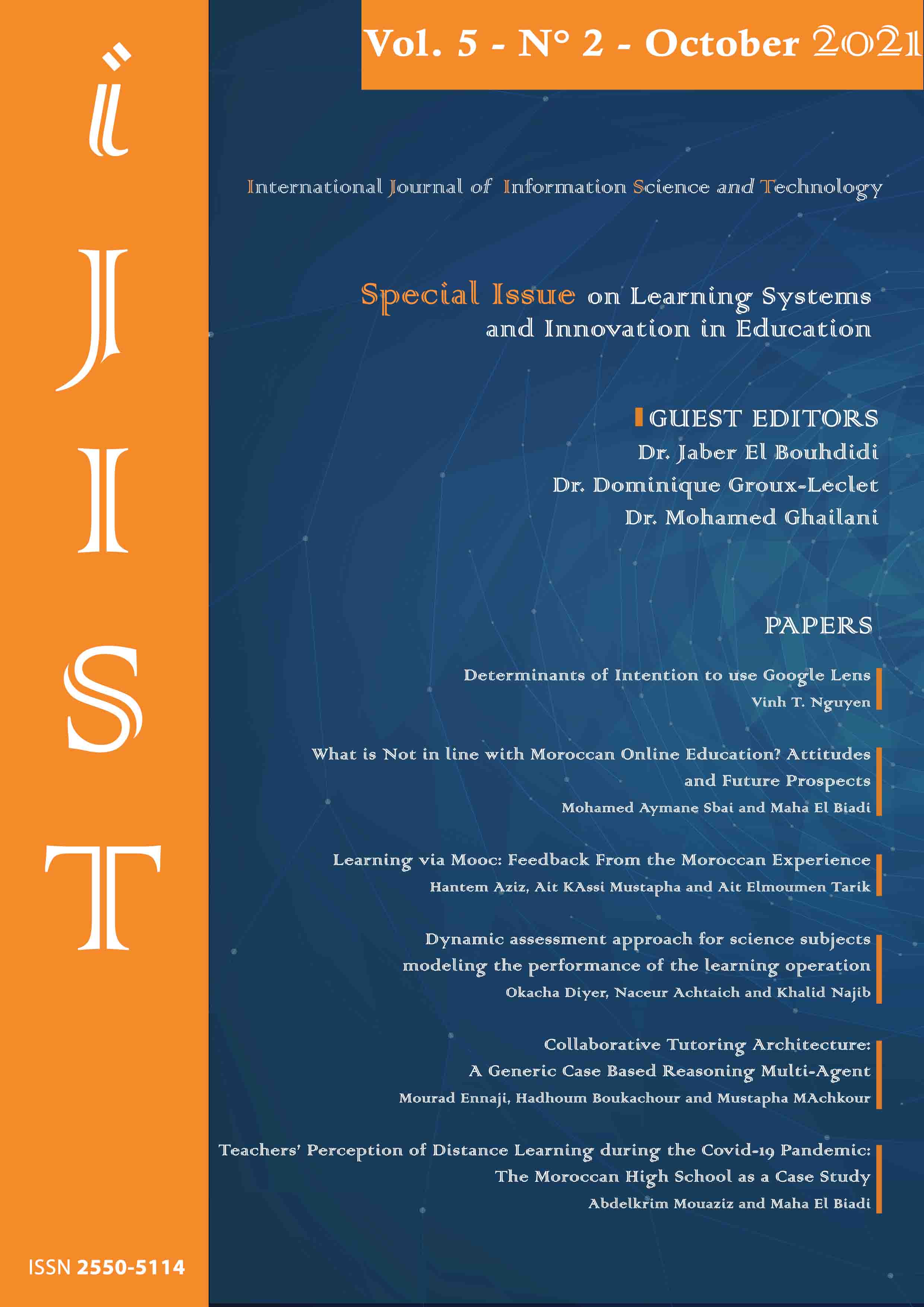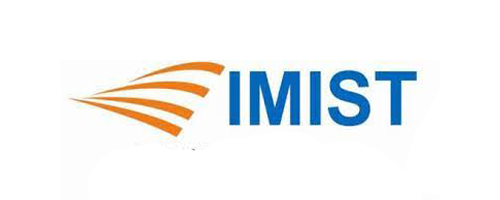What is Not in line with Moroccan Online Education? Attitudes and Future Prospects
Abstract
The COVID-19 pandemic has caused the biggest disruption of education systems in the history of the modern world, affecting around 1.6 billion learners in more than 190 countries and all continents (United Nations, 2020). Eventually, schools all over the world closed their doors. The Moroccan government, like the rest of the world, has decided to declare a national health emergency. Thus, schools were shut down and the Ministry of Education has decided on a shift from on-site education to distance education. A set of measures were applied such as broadcasting classes on TV and encouraging public and private schools to use platforms such as Microsoft Team, Zoom, and Google Meet for the purpose of sustaining the school year and promoting equal opportunities between students all over the country. Nevertheless, many teachers have lack expertise in using ICT tools to maintain their classes online. Consequently, the exceptional situation bought about by the measures to prevent the spread of the COVID-19 virus has become a nightmare for both teachers, who were not ready for the shift, and students, who are required to demonstrate a sense of responsibility and to become self-directed and autonomous learners in order to get through the school year with very good result. The present study aims at investigating teacher's and students’ attitudes towards distance learning during the COVID-19 pandemic in Morocco. It also attempts to investigate its weaknesses in order to come up with recommendations capable of improving the online teaching/learning experience. For these inquiries to be fulfilled, two questionnaires (students’ questionnaires and teachers’ questionnaires) were administered to 14 high school teachers, and 40 high school students from two high schools in Casablanca. The findings show that the vast majority of teachers believe they have not got the ICT skills necessary to lead online classes which could be as successful as their on-site counterparts. Most students, on the other hand, have shown their dissatisfaction with distance learning and believe that this shift has had a negative effect on their overall academic achievement. The results lead us to the realization that a tremendous reform has to be made to the educational system including the introduction of ICT skills in order to equip the prospective teachers with the necessary skills to be ready for teaching no matter what form it might take in the future.The submitting author warrants that the submission is original and that she/he is the author of the submission together with the named co-authors; to the extend the submission incorporates text passages, figures, data or other material from the work of others, the submitting author has obtained any necessary permission.
Articles in this journal are published under the Creative Commons Attribution Licence (CC-BY). This is to get more legal certainty about what readers can do with published articles, and thus a wider dissemination and archiving, which in turn makes publishing with this journal more valuable for you, the authors.
In order for iJIST to publish and disseminate research articles, we need publishing rights. This is determined by a publishing agreement between the author and iJIST.
By submitting an article the author grants to this journal the non-exclusive right to publish it. The author retains the copyright and the publishing rights for his article without any restrictions.
Privacy Statement
The names and email addresses entered in this journal site will be used exclusively for the stated purposes of this journal and will not be made available for any other purpose or to any other party.







